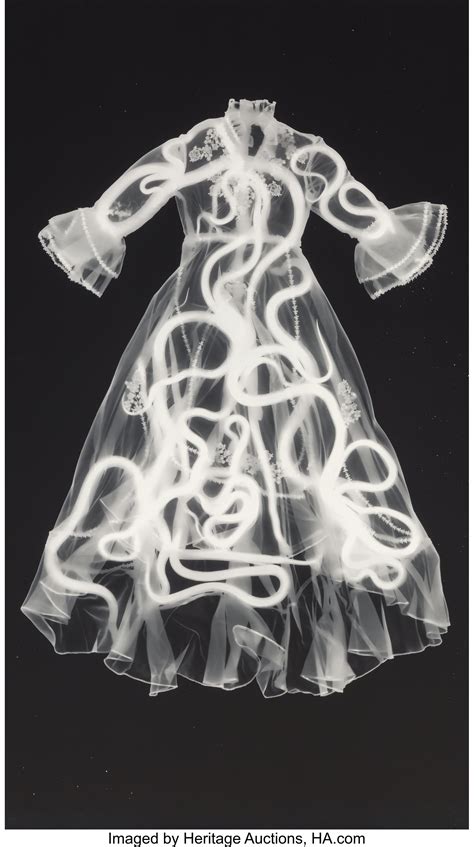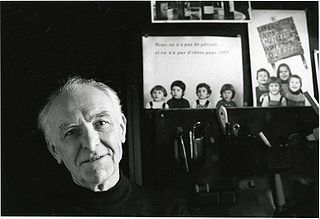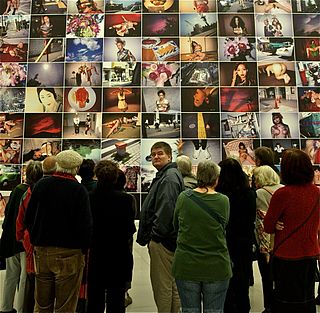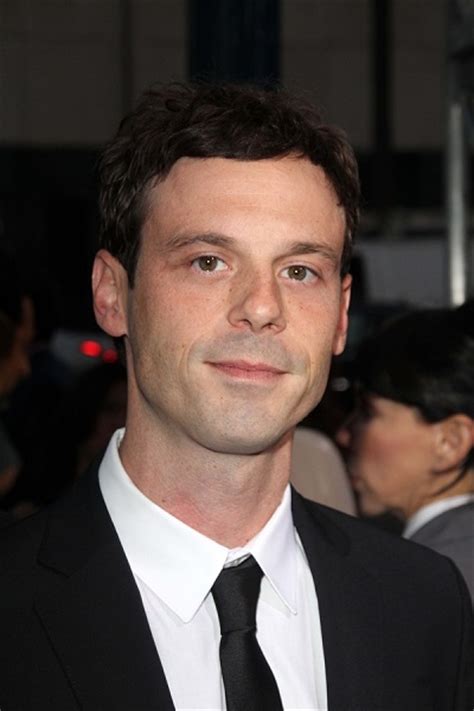A Quote by bell hooks
For black folks, the camera provided a means to document a reality that could, if necessary, be packed, stored, moved from place to place... [Photography] offered a way to contain memories, to overcome loss, to keep history.
Related Quotes
I was attracted to photography because it was technical, full of gadgets, and I was obsessed with science. But at some point around fifteen or sixteen, I had a sense that photography could provide a bridge from the world of science to the world of art, or image. Photography was a means of crossing into a new place I didn't know.
Los Angeles was the kind of place where everybody was from somewhere else and nobody really droppped anchor. It was a transient place. People drawn by the dream, people running from the nightmare. Twelve million people and all of them ready to make a break for it if necessary. Figuratively, literally, metaphorically -- any way you want to look at it -- everbody in L.A. keeps a bag packed. Just in case.
I love L.A. It was an awesome place to spend my 20s, full of creative people, but I never wanted to stay there. It wasn't necessarily Texas that I wanted to move to; I just knew I wanted to live in the country somewhere. My wife and I found this place in Texas that we really liked, so we packed up our stuff and moved.
Photography, precisely because it can only be produced in the present and because it is based on what exists objectively before the camera, takes its place as the most satisfactory medium for registering objective life in all its aspects, and from this comes its documental value. If to this is added sensibility and understanding and, above all, a clear orientation as to the place it should have in the field of historical development, I believe that the result is something worthy of a place in social production, to which we should all contribute.
Everything necessarily is or is not, and will be or will not be; but one cannot divide and say that one or the other is necessary.I mean, for example: it is necessary for there to be or not to be a sea-battle tomorrow; but it is not necessary for a sea-battle to take place tomorrow, or for one not to take place--though it is necessary for one to take place or not to take place.




































